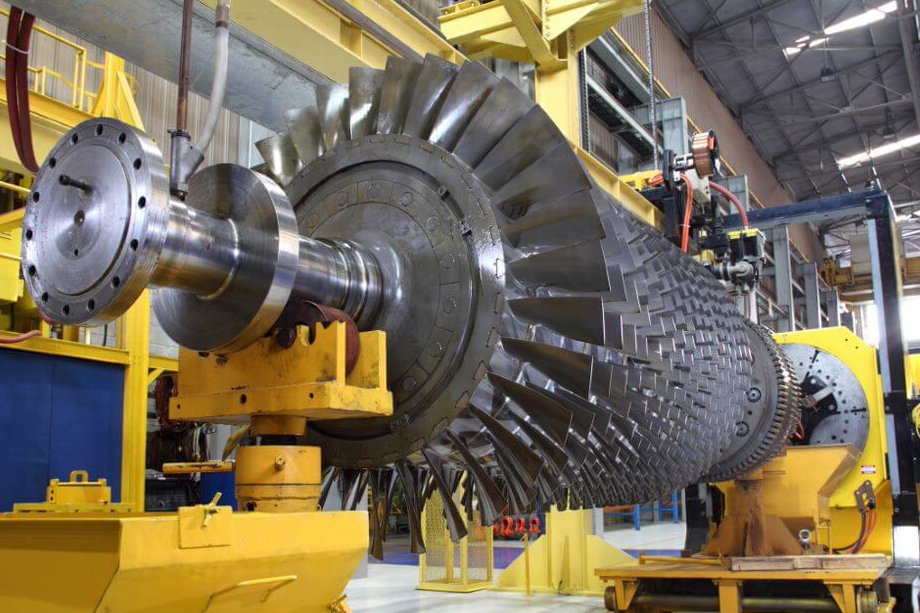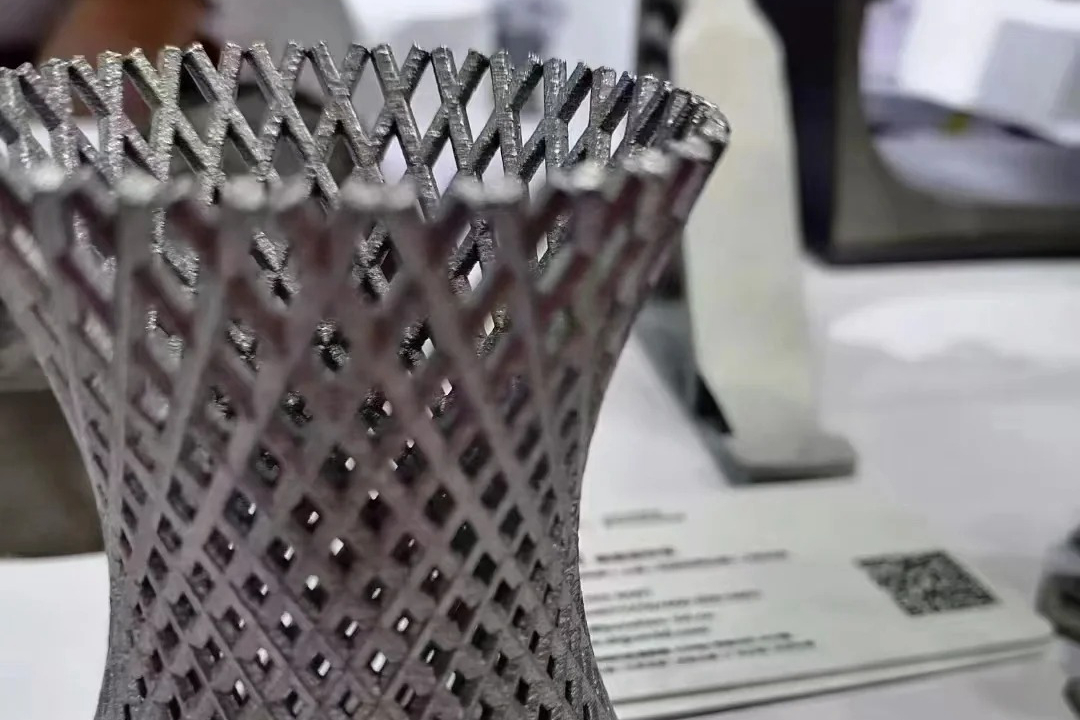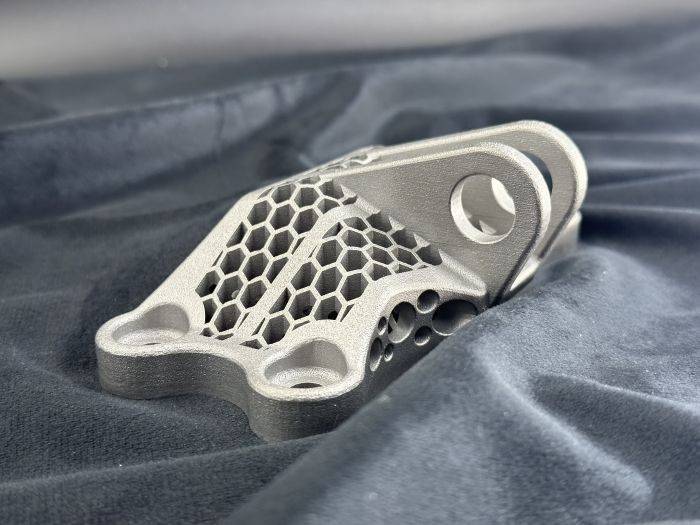How long does it take to scan a typical part and deliver an analysis report?
CT Scanning Process Duration
The time required to scan a typical additive manufacturing component using industrial computed tomography varies significantly based on part size, complexity, and resolution requirements. For a medium-sized component approximately 150mm in diameter, the scanning process typically requires 2-4 hours. This duration encompasses sample mounting, system calibration, parameter optimization, and the actual data acquisition. Larger components approaching the maximum capacity of our 450kV systems may require 6-8 hours for complete data acquisition, particularly when high resolution is necessary for detecting fine features in materials produced via Powder Bed Fusion.
Scanning parameters are carefully optimized based on material density and inspection objectives. For high-density materials, such as Titanium Alloy or Stainless Steel components, longer exposure times may be necessary to ensure sufficient penetration and a high signal-to-noise ratio. Complex internal geometries, such as those found in components with conformal cooling channels, often require additional scan angles or specialized reconstruction techniques, potentially extending the acquisition time by 25-50%.
Analysis and Reporting Phase
Data Reconstruction and Processing
Following scan completion, the raw projection data must be reconstructed into a 3D volume, which typically takes 30-90 minutes, depending on the dataset size. This computational process transforms hundreds or thousands of 2D projections into a volumetric representation suitable for analysis. For components manufactured using Directed Energy Deposition with complex material transitions, additional reconstruction refinement may be necessary to minimize artifacts.
Comprehensive Analysis Workflow
The actual analysis phase represents the most variable portion of the timeline, typically requiring 4-8 hours for a comprehensive evaluation. This includes:
Defect detection and characterization (porosity, inclusions, cracks)
Dimensional analysis and geometric dimensioning & tolerancing verification
Wall thickness analysis and nominal/actual comparisons
Assembly analysis for multi-component systems
For components that have undergone specialized processes, such as Hot Isostatic Pressing (HIP), additional analysis is required to verify the effectiveness of pore closure. Similarly, parts with critical Surface Treatment applications may require specialized edge detection algorithms.
Total Project Timeline
Standard Reporting Turnaround
For most commercial applications, we provide a complete scanning and analysis report within 2-3 business days from receipt of components. This timeline includes:
Day 1: Component reception, project planning, and scan setup
Day 2: CT scanning and data reconstruction
Day 3: Analysis, report generation, and quality review
Expedited Service Options
We offer expedited services for urgent projects, potentially reducing turnaround to 24 hours for standard components. This accelerated service is particularly valuable for Automotive and Aerospace and Aviation applications where production line decisions depend on rapid quality verification.
Complex Analysis Extensions
Projects requiring advanced analysis, such as fatigue-critical assessment of Superalloy components or porosity quantification in Medical and Healthcare implants, may require an additional 1-2 days for comprehensive evaluation and correlation with material properties.



